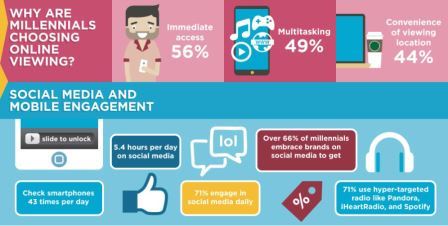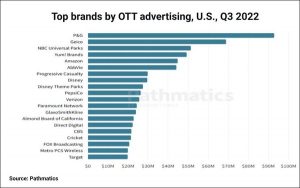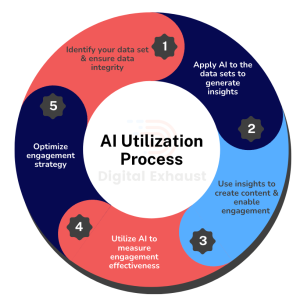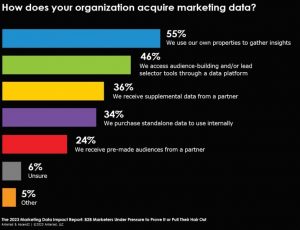For Gen Xers and Baby Boomers, cause marketing seems like the most brilliant idea since sliced bread — and it is a great idea. But for the younger generation, say those born after 1988 — cause marketing has been on the scene since before they went home for the very first time. Cause marketing has become so ingrained in our society it is basically assumed (or nearly) that when you spend money with a decently sized corporation or a new, hip online upstart, some portion of your money is doing something good.

Whether it’s feeding the children, helping ex-cons get jobs, single moms have wardrobes for work, or putting shoes and glasses on every person in the third-world, everybody’s doing it. Right? Pretty much — but as with all things “charitable,” there is often a veil that conceals what is really going on, which is often not that much giving at all. While many members of the older generations may be willing to take a business at its word and not do the research into a given cause-related marketing program, Millennials won’t take the bait.
Now that most Millennials have their own real jobs, make their own real money, and aren’t living in their parents’ basements, it’s time to take them seriously as consumers. Millennials love to give, and they are fiercely in favor of charities, everything organic, the small business, and all things underdog. To this end, if your company has a cause, it’s critical to ensure that it’s real — no dog and pony shows — those who are still green are watching, and they have money to spend that’s just as green as they are.

If the term “corporate social responsibility” is new to you, and your enterprise is engaging in cause marketing, it’s time to gather everyone around the table. Have a plan, make it transparent, and hire a Millennial-aged person to head up your social presence online where the cause is concerned. The only way to lend real credence to your cause is for your cause to be authentic.
Millennial shoppers will be looking for proof of authenticity between you and your chosen cause. That means write about it, publish photos, throw all manner of events, and show rather than tell the public about your cause. Have a page of your company website dedicated to your cause (preferably within the main navigation bar or visibly in your site’s footer), and make it a wealth of information on exactly how it works.

The most important aspect of corporate social responsibility is total transparency. If your relationship fails for some reason, you’re much likelier to retain your Millennial customers by being straightforward — naturally noting that you’re doing the fast and furious work to find the next cause. A great way to avoid this issue is to have a host of causes that you give to periodically; make it known that part of your corporation’s social awareness is that you support a variety of causes based on timeliness of needs.
The core message when it comes to marketing to Millennials is this: they will not just love you for giving, they expect it of you — so make sure you’re doing the absolute best you can with whatever you’ve got. The end game is more respect, better sales, and more loyal Millennial consumers.
Infographic images via: Koeppel Direct
Digital & Social Articles on Business 2 Community(235)







